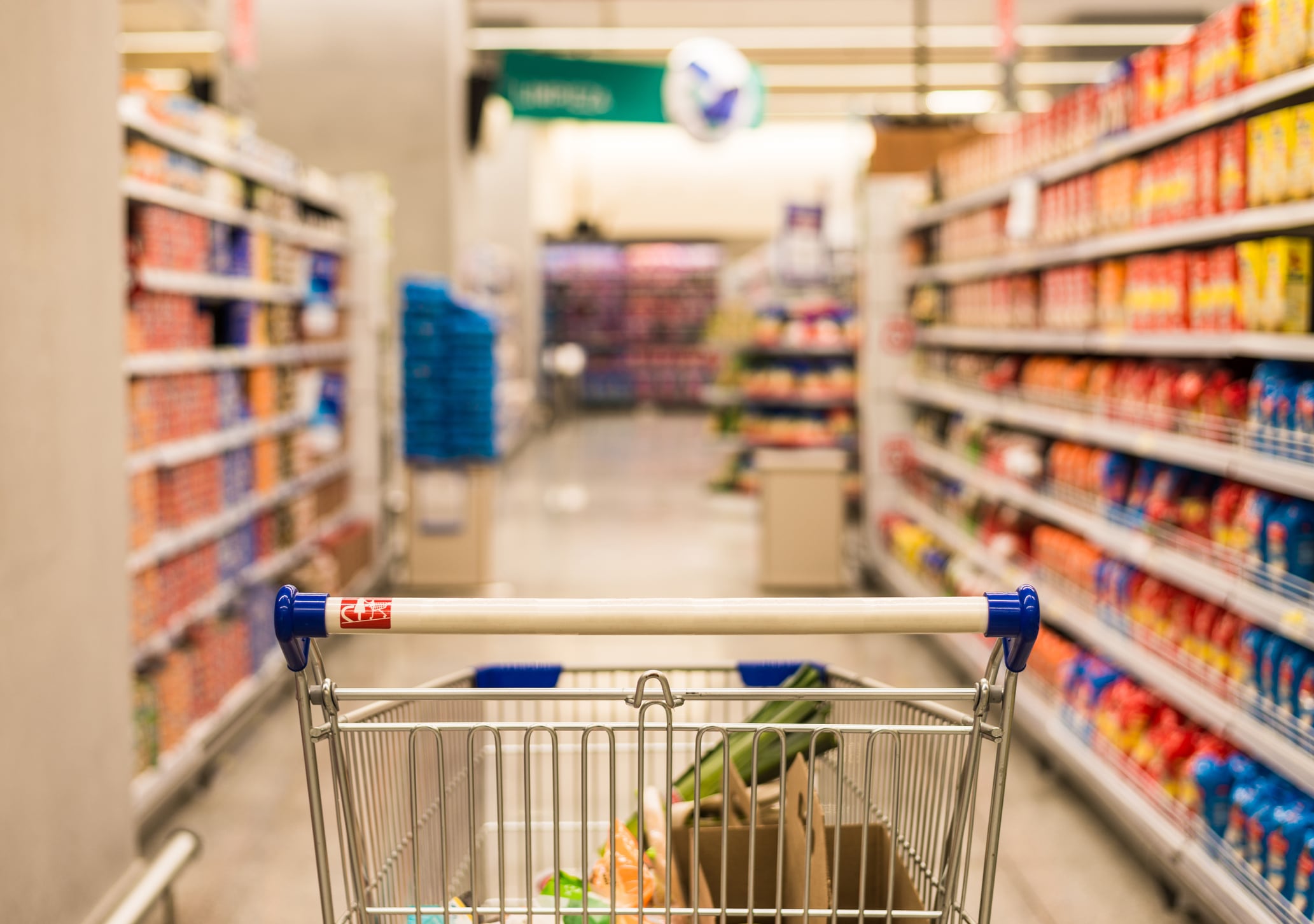After reviewing and evaluating public consultation comments, Mexican authorities officially approved on January 24 front-of-pack warning labels that will warn of an excess of certain nutrients.
The Mexican government said the labeling would allow consumers to identify products with excess nutrients associated with overweight and obesity such as sugars, saturated fats, sodium and calories. The labeling will also warn that products containing caffeine are not suitable for children.
In parallel to legislators voting on bill on front-of-pack labeling, Mexico held a public consultation on the proposal from October to December, which received over 5,200 comments from within Mexico and internationally.
“It was the most inclusive [consultation] and the one that called for the greatest participation of society and, consequently, the most democratic and the most transparent,” read a joint statement issued by the ministries of health and the economy, and food safety authority COFEPRIS.
“With this [ruling], the Mexican government goes one step further to firmly confront the epidemic of overweight and obesity that damages both the population and the country's competitiveness.”
CCE: Still committed to developing 'the best label for Mexicans'
Although officially approved, a start date for implementing the warning labels has not yet been set, and the food industry, which voiced strong opposition to the measure, is expected to continue to lobby against the measure.
At a press conference held after the government announced the approval, the leader of the National Agricultural Council (CNA), Bosco de la Vega, warned that food products would be “demonized” and the country’s economy would suffer.
Business trade group CCE, whose members include food and drink association ConMéxico and the National Agriculture Council (CNA), said it was still committed to developing “the best labeling for Mexicans”.
“[…] the Ministries of Economy and Health agreed to impose a labeling standard that will not solve the health problem that Mexico suffers but, on the contrary, will result in less information available to consumers,” it said. “The authorities […] dismissed the opinion and scientific evidence presented by hundreds of organizations and the private sector that participated in the public consultation.”
International repurcussions
The CCE said that its objections to the warning label were shared by the US, Switzerland and the European Union, who had brought the matter before the World Trade Organization (WTO).
Although the WTO has not made public any notification of a dispute, a spokesperson for the WTO said the issue would likely be raised at the next regular technical barriers to trade committee meeting later this month (26 February).
According to Eugenia Muinelo, regulatory expert at Buenos Aires-based EAS Strategies, this would not be surprising.
“The US has been trying to submit comments to the Mexican front-of-pack regulation since the discussions started long back in 2013. In between, when NAFTA discussions were taking place, the US alleged that the front-of-pack labeling in Mexico, and the one being discussed in Canada, was going to represent barrier to trade and requested to exempt US products from front-of-pack labeling. However, it was not accepted and NAFTA was signed anyway.”
However, Muinelo said she did not expect the Mexican government to bow to such pressure.
Such opposition was foreseeable, says consumer group
According to Alejandro Calvillo, director of the consumer rights organization, El Poder del Consumidor, which has been campaigning in favor of warning labels, the food industry’s opposition was "foreseeable" as it had employed similar lobbying tactics over warning labels in Chile, Peru and Uruguay.
Chile’s warning labels have been in place since 2016 and Peru’s since 2019. In Uruguay they will enter into force next month (March) with some manufacturers already adding them to product labels.




